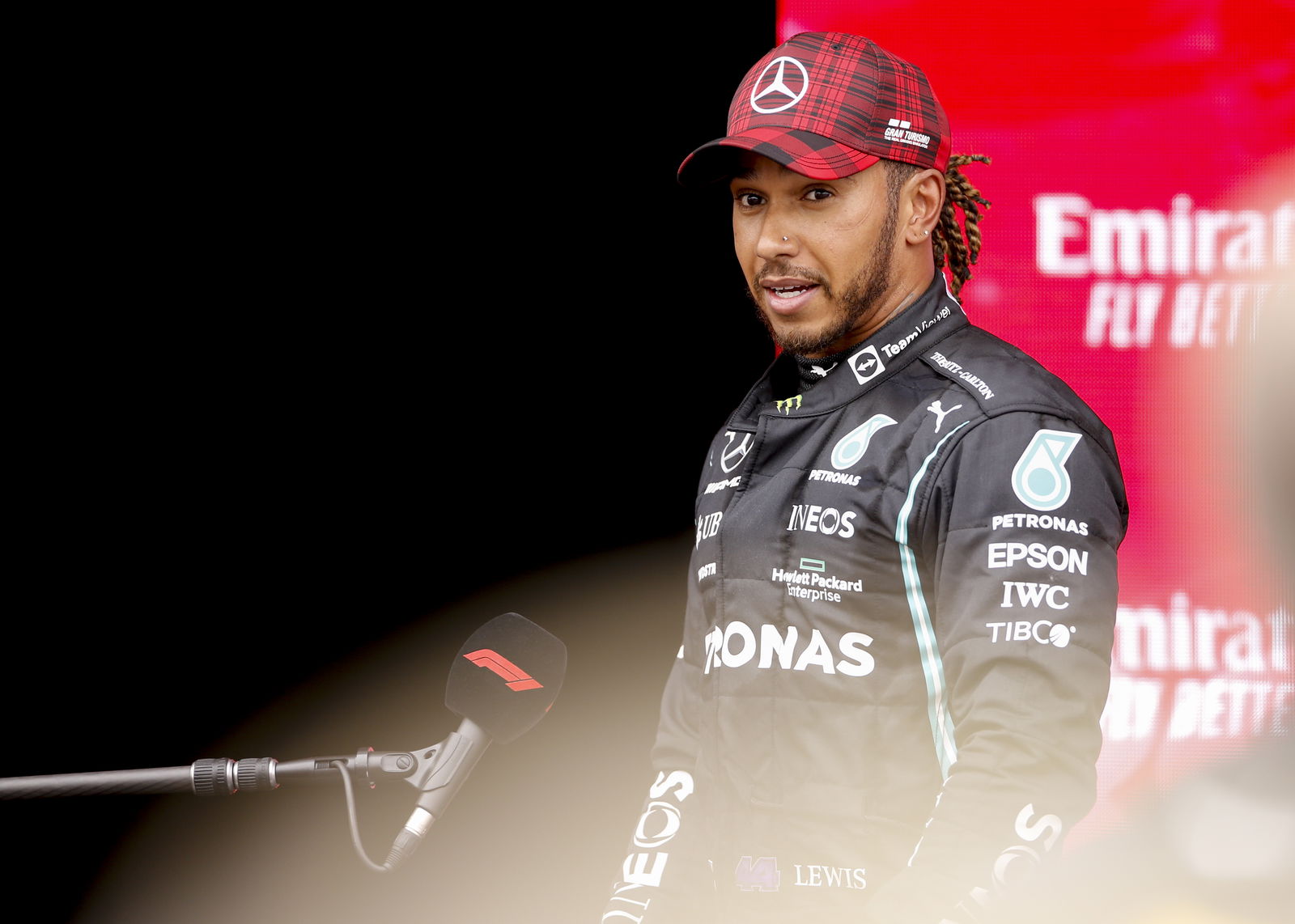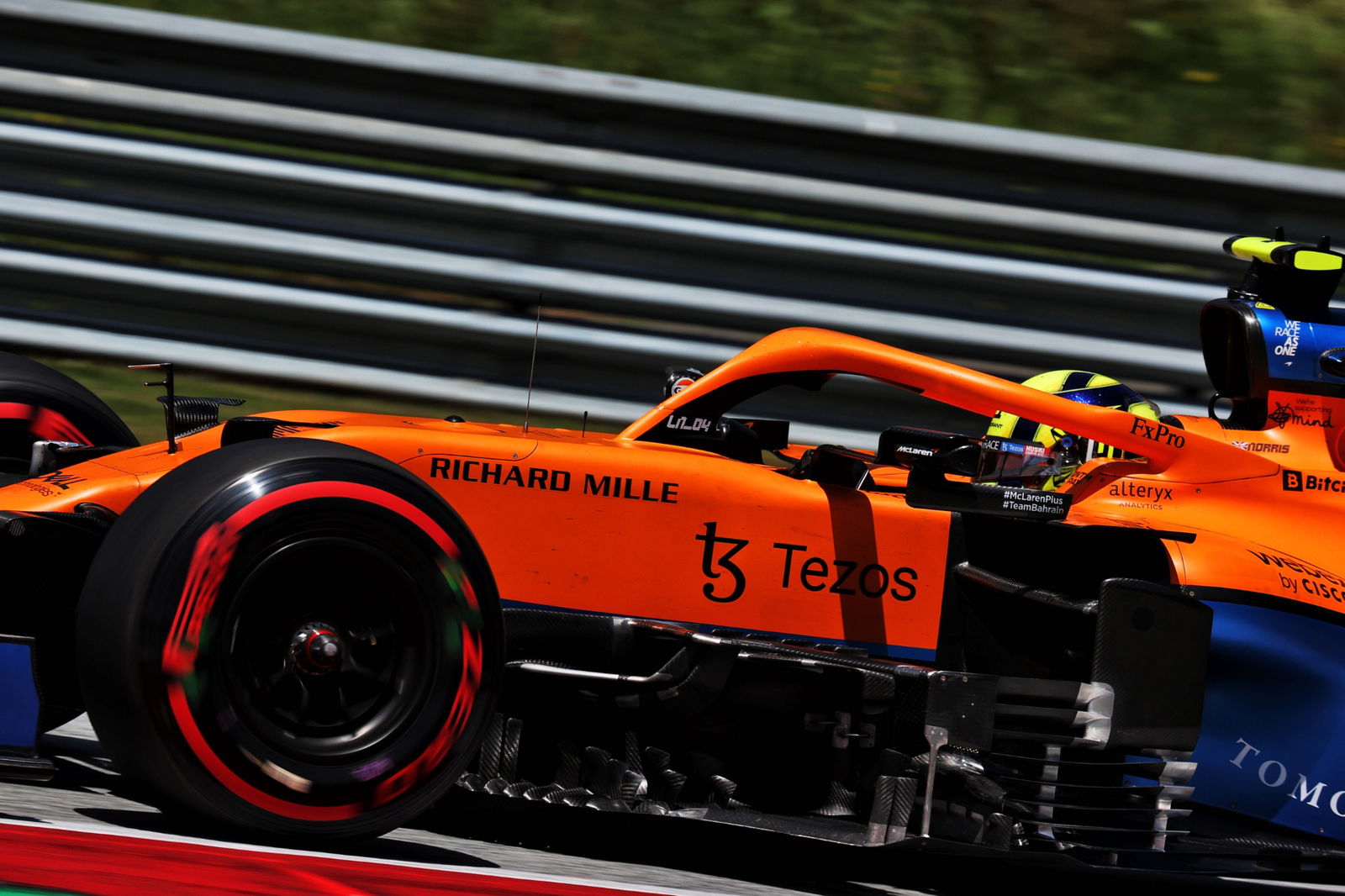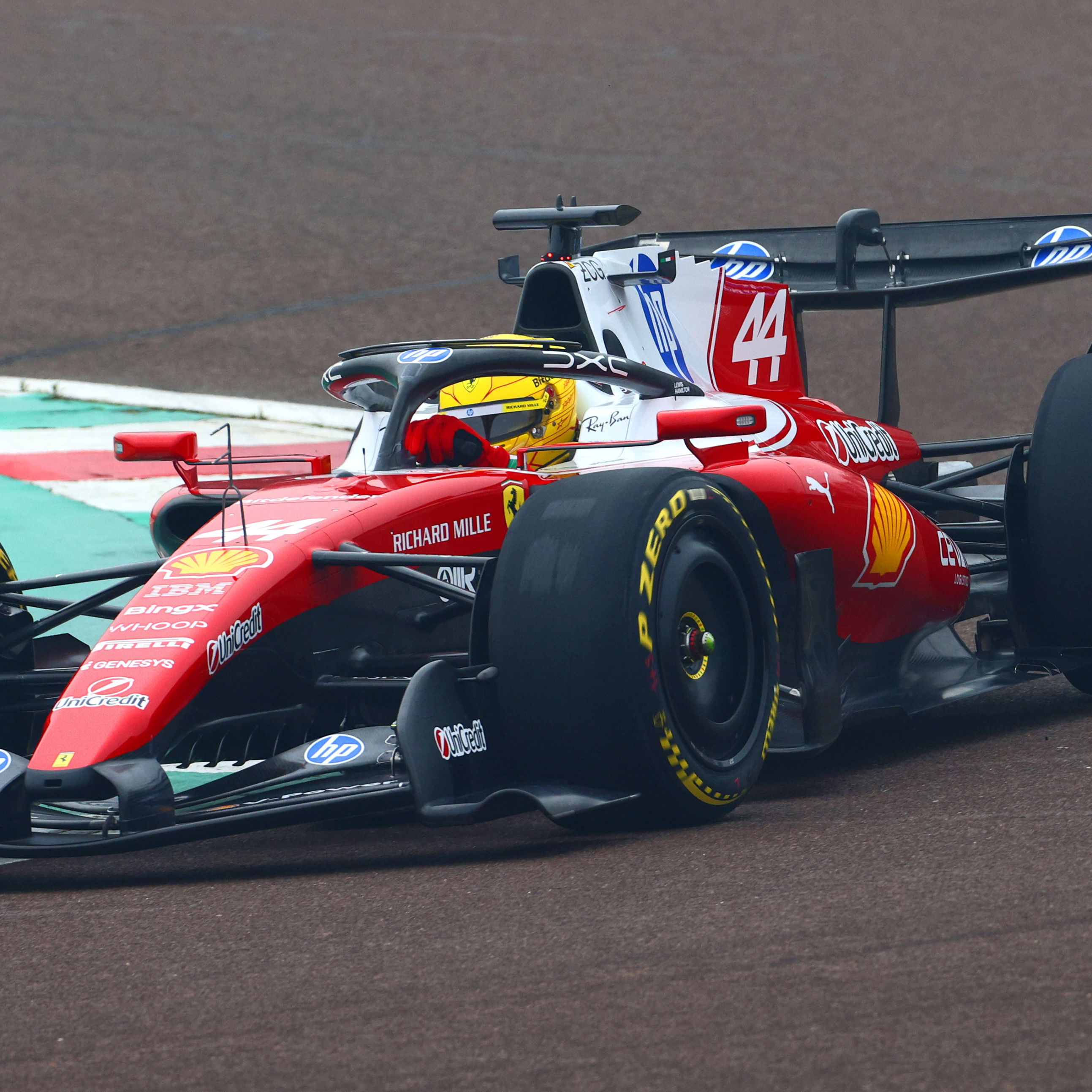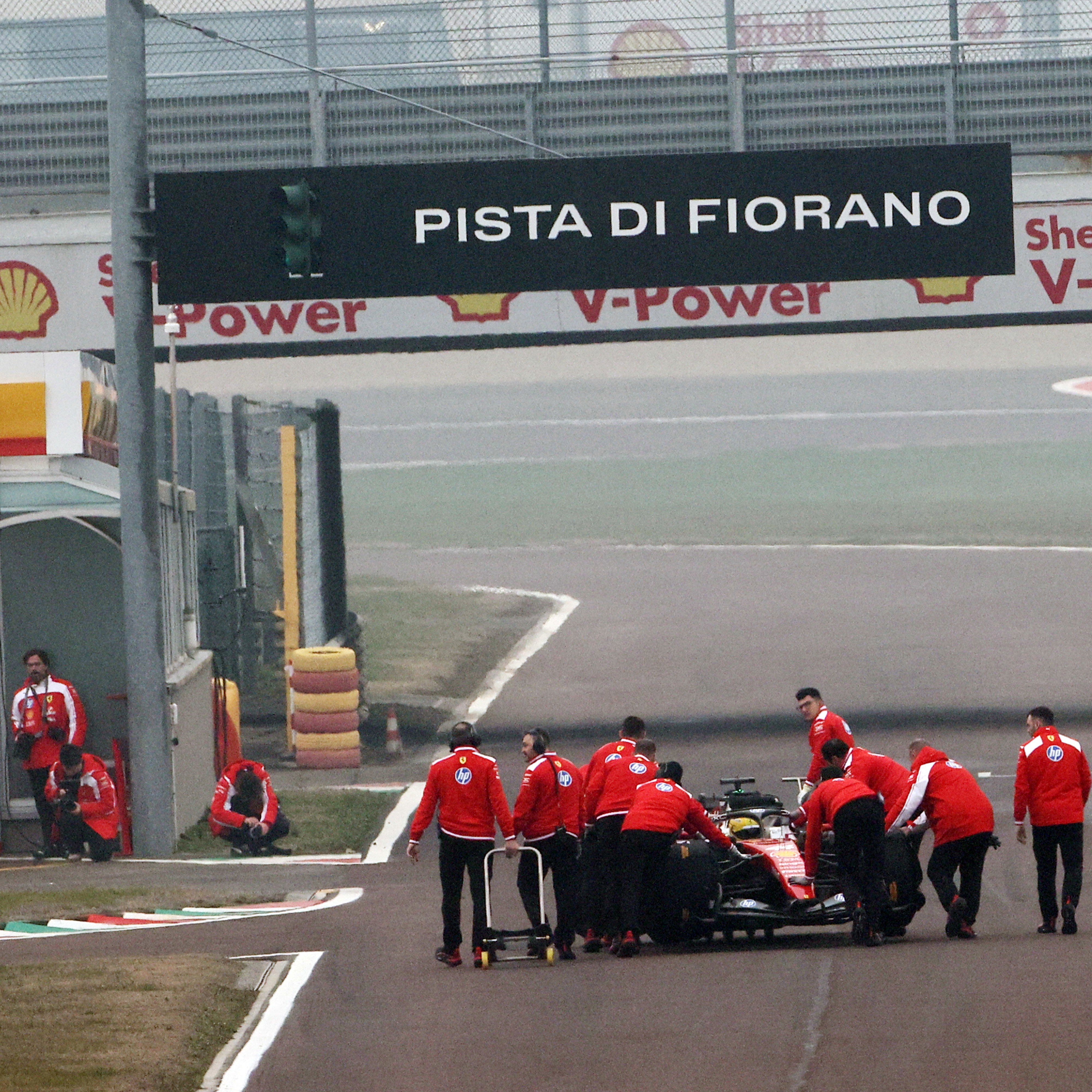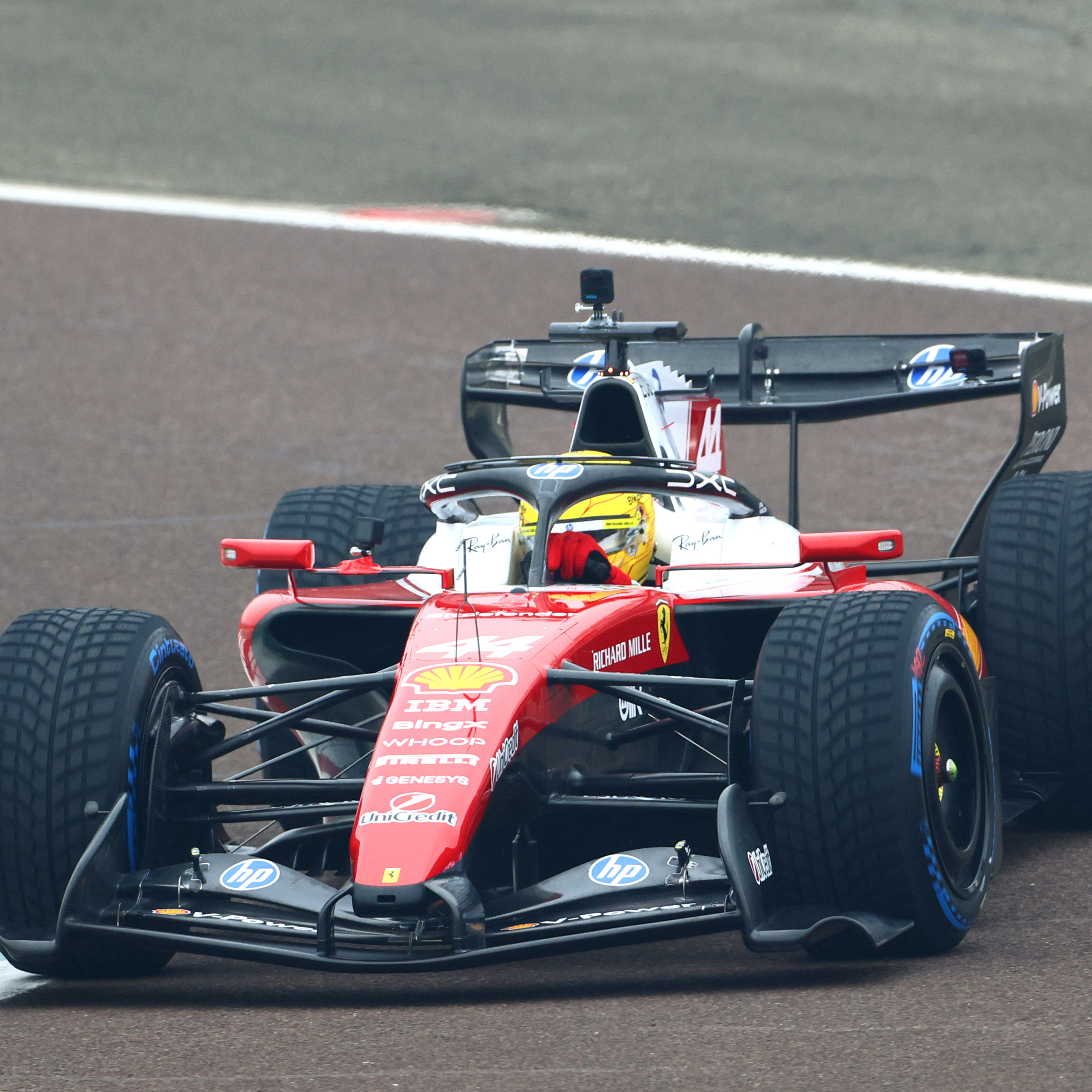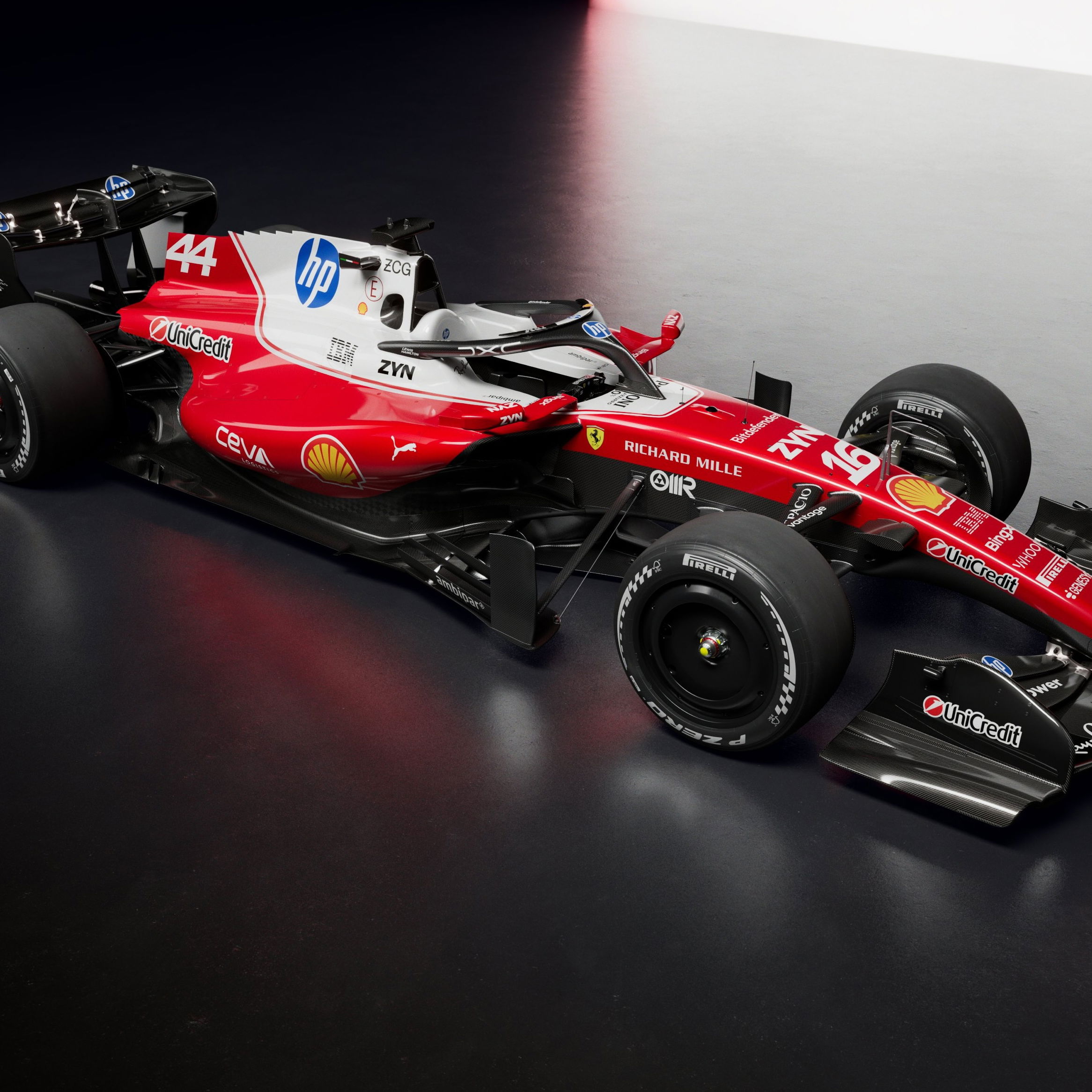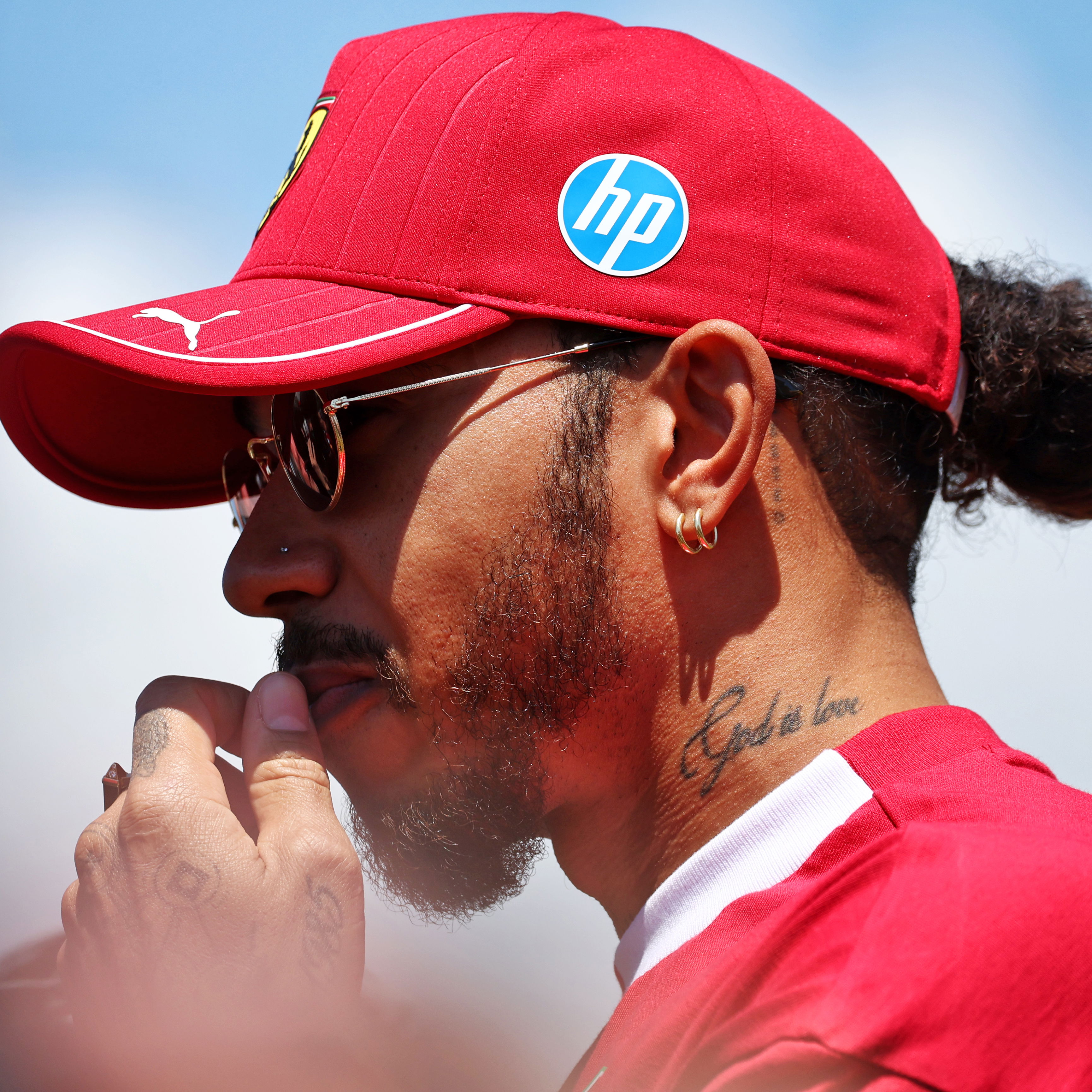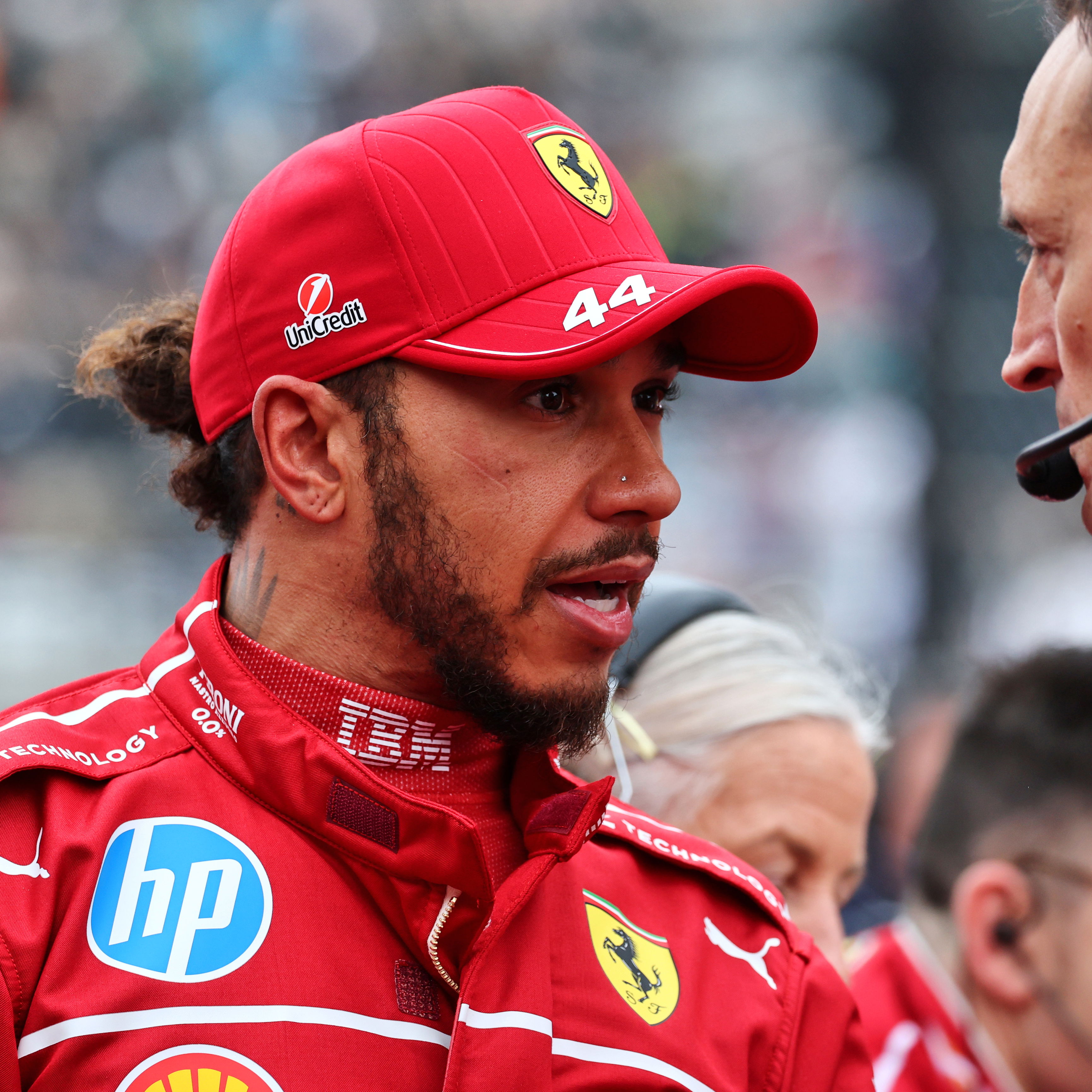What to expect from F1’s crunch engine meeting attended by Audi and Porsche

The gathering will see F1’s next engine rules - which are set to be introduced in 2025 - at the forefront of discussions that will also take into account the global picture.
F1 wants engines powered by sustainable fuels to replace the current 1.6 litre V6 hybrid power units as part of its wider environmental plan for the coming years.
The meeting, which takes place later today in the Spielberg paddock ahead of the Austrian Grand Prix, will be key in helping to shape which direction F1 should go in.
Who will be in attendance?
Those in attendance from existing manufacturer’s/OEMs will include Ferrari’s John Elkann, Daimler chairman Ola Kallenius, Renault CEO Luca de Meo and Red Bull owner Dietrich Mateshitz.
Meanwhile, the Volkswagen Group will be represented by Porsche CEO Oliver Blume and Audi chairman Markus Duesmann. F1 chiefs Stefano Domenicali, Ross Brawn, and outgoing FIA president Jean Todt will also be present.
Honda will not participate in the meeting due to its impending exit from F1 at the end of the 2021 season, which has led to Red Bull creating its own power unit department.
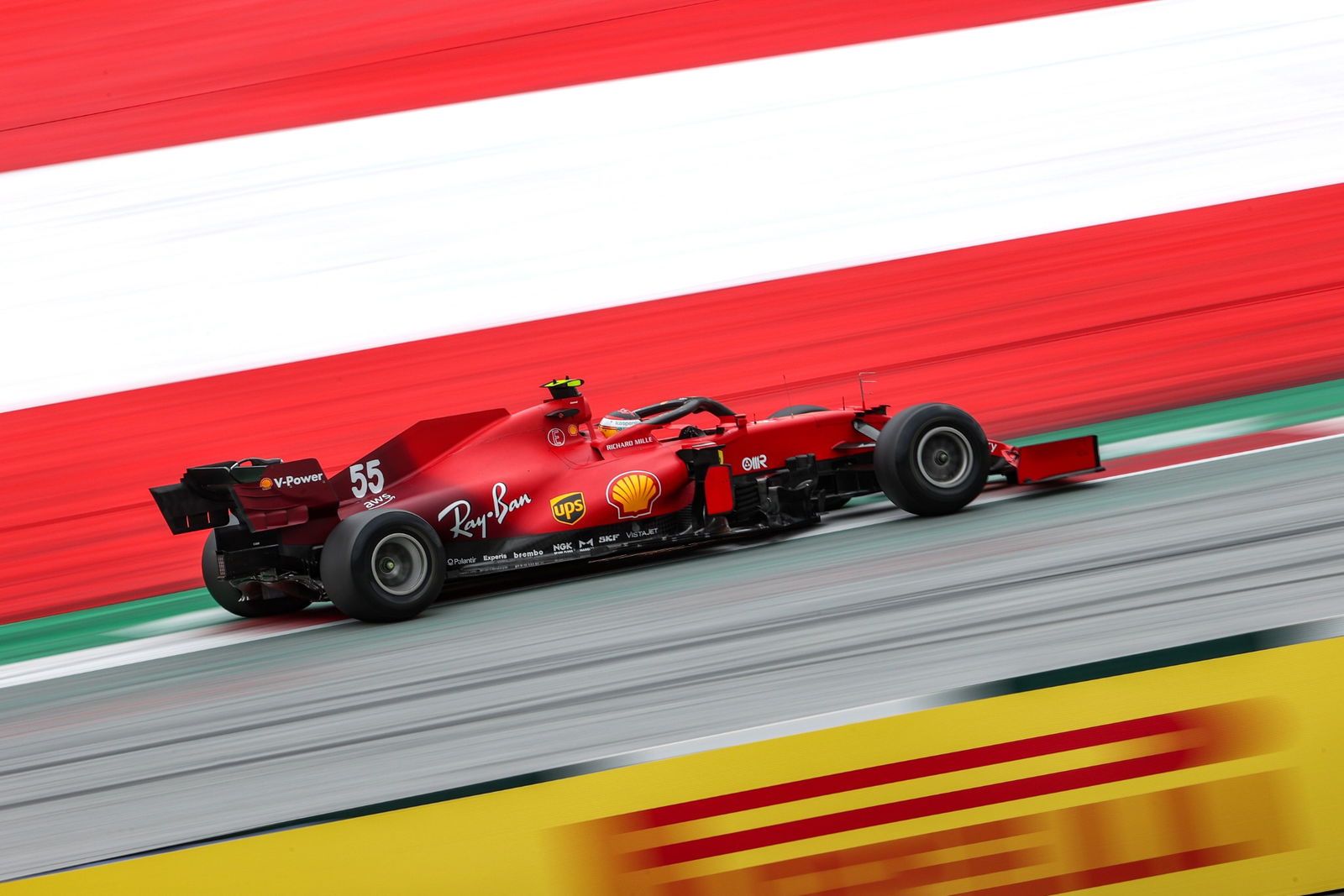
What is hoped to be achieved?
An F1 Commission meeting in February laid out the following key objectives for the next power unit regulations:
- Environmental sustainability and social and automotive relevance
- Fully sustainable fuel
- Creating a powerful and emotive power unit
- Significant cost reduction
- Attractiveness to new power unit manufacturers
Attracting new manufacturers has been high on the agenda for new F1 boss Domenicali ever since he took over in the position of CEO at the start of the year.
Porsche Motorsport vice-president Fritz Enzinger told the BBC in March that Porsche and parent company the VW Group (VAG) are considering entering F1, with any decision hinging on the direction of the sport’s next engine regulations.
"It would be of great interest if aspects of sustainability - for instance, the implementation of e-fuels - play a role in this,” Enzinger said.
"Should these aspects be confirmed, we will evaluate them in detail within the VW Group and discuss further steps.
"Porsche and Volkswagen AG are observing the constantly changing regulations in all relevant racing series around the world. This is also the case with regard to the emerging new engine and drivetrain regulation for Formula 1 from 2025.”
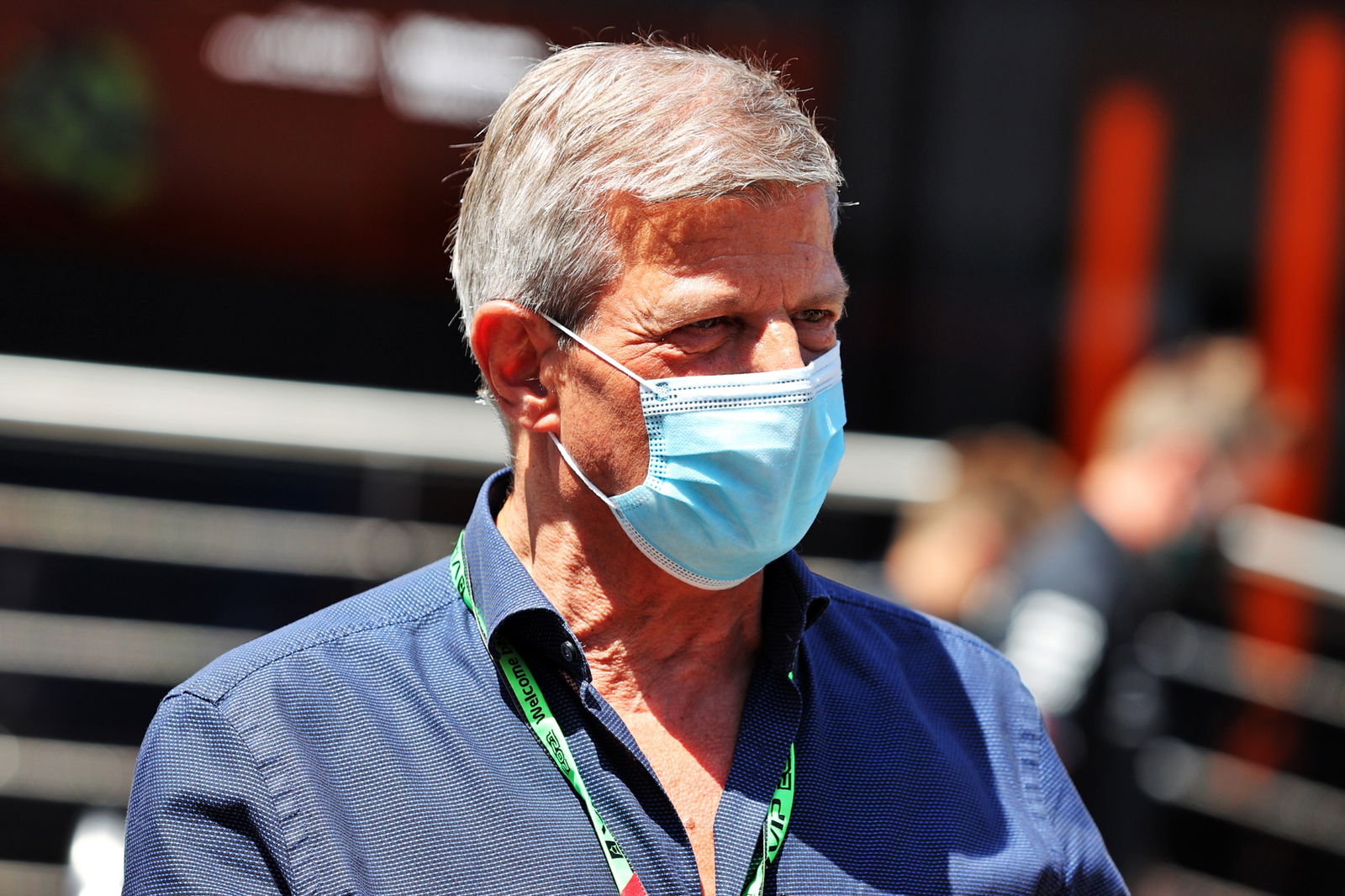
If the VW Group were to join F1, it remains to be seen whether this would be in a works capacity through either of its Porsche or Audi brands, or as an engine supplier to an existing team.
VAG has previously been involved in engine meetings but a move to enter F1 has not yet materialised.
While it is unlikely that any major decisions will be reached during the meeting, it is hoped that some real progress can be made in establishing what route forward is best for F1.
What has been said so far?
Speaking on Friday in Austria, McLaren team principal Andreas Seidl stressed the importance that the new rules strike a balance of appealing to both existing and potential new power unit manufacturers.
“In the end I think it's simply important that whatever the next power unit regulations are, they need to be relevant in terms of technology,” he said.
“Because that's key also in order both for keeping current manufacturers interested in F1, but also in order to attract new manufacturers. In order to work out what that is in detail, honestly, I think that's a question better addressed to the OEMs or manufacturers that are involved.”
McLaren has been tipped as a possible candidate for a future partnership with VAG but former Porsche motorsport head Seidl insisted the team is currently focused on its new customer engine deal with Mercedes.
“First of all, with the engagement we have now - the partnership with Mercedes - we are more than happy and we are not looking for any change regarding that,” he added.
“In general, I think for F1 it would simply be good if you could attract another manufacturer or a big OEM. It would be a great sign for F1 and the future.”
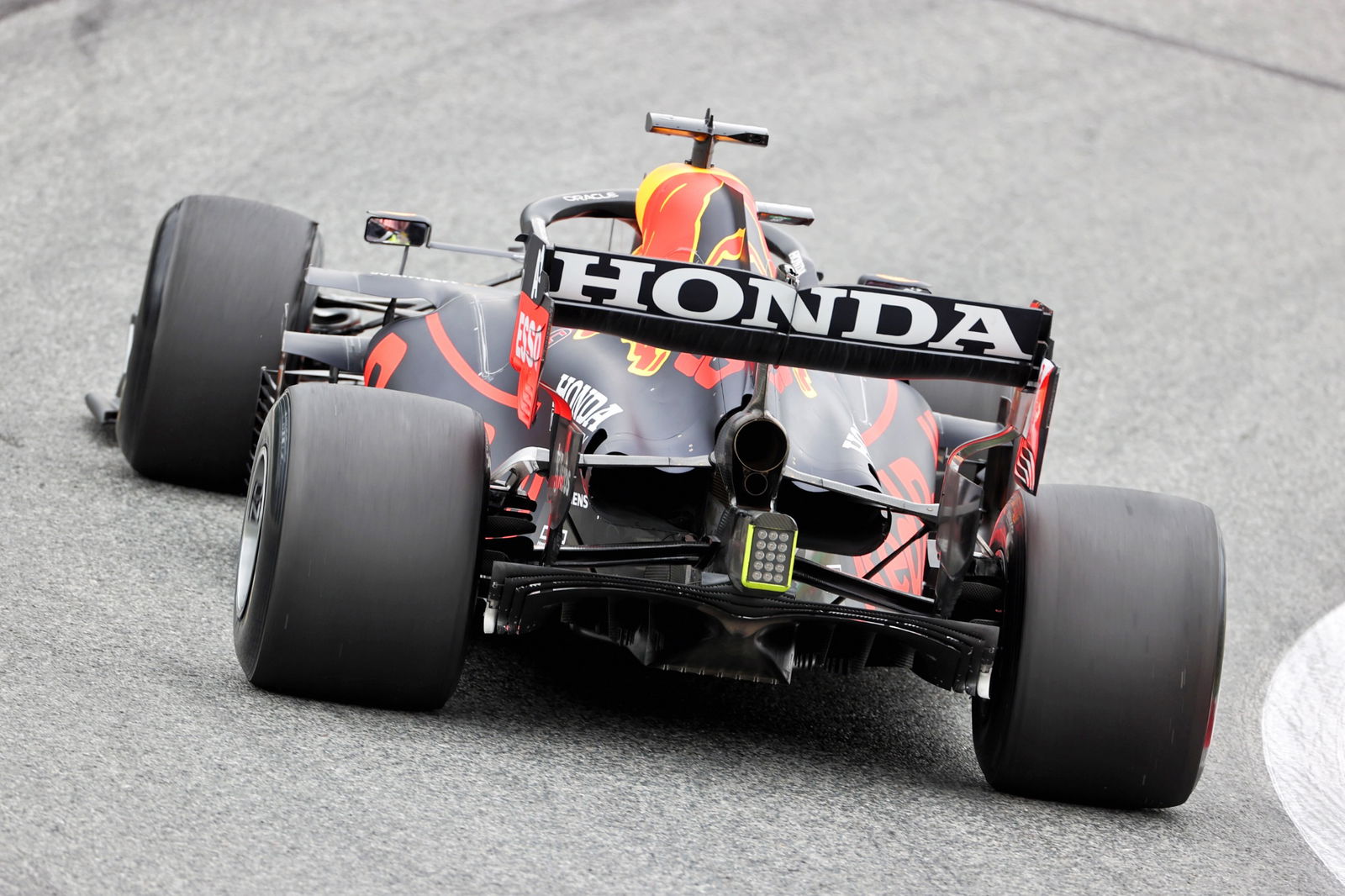
Red Bull boss Christian Horner said he wants to see F1 come up with an engine that is “exciting”, fits the criteria of cost and performance and also considers “sound and emotion”.
“Hopefully we can come up with an engine that is sustainable, environmentally friendly, that uses biofuels and that is a bit more of a clean sheet - perhaps with elements of standardisation where elements can clearly be controlled, rather than just carry over what we currently have,” he said.
“Any new manufacturer coming in would be keen to have a clean sheet I would have thought. You can understand existing manufacturers, having invested in these engines, wanting to roll over IP into the new engine but of course this current engine is extremely expensive.
“How you reduce the cost, at the moment, in all of the discussions that I’ve sat in, hasn’t been achieved,” he added. “I think it’s not as easy as implementing a cost cap because of course, an engine is hard to police when combustion applies to many other aspects, especially if you are an OEM-owned team or manufacturer in F1.
“So, I think to start with a clean sheet that can clearly be controlled, where you choke the amount of dyno and rig time that you are allowed to encourage creativity. There also needs to be a safety net so that if a manufacturer gets it wrong, they are enabled the opportunity to effectively catch up.
“This engine, we are going to be with for the next 10 years or so, so we need to come up with something that’s relevant and right for the sport.”
